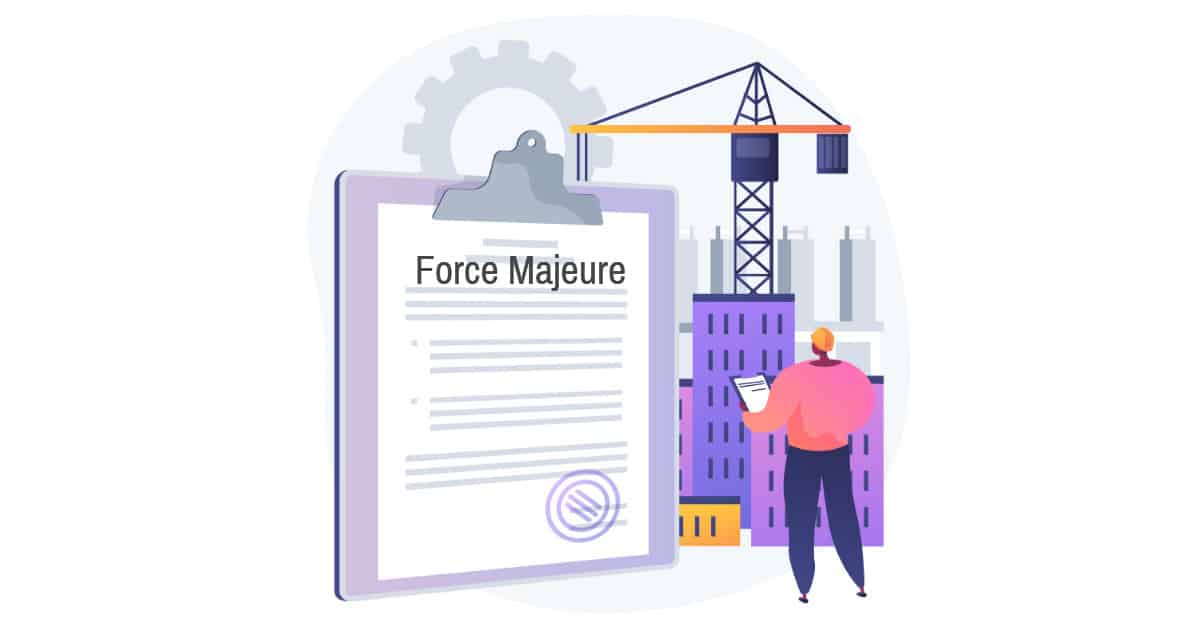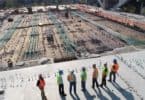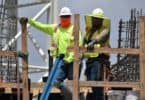There are chances of unexpected incidents taking place in construction projects. In these cases, if the contractor is unable to fulfill his duties as per the contract, then the Force Majeure clause gives him relief. However, it is necessary to know the reasons why you can apply your claims under this clause.
The Force Majeure clause plays a significant role in construction contracts during the project administration process. Basically, a construction contract with a clear understanding of its obligations is signed by decided contracting parties. There are also possibilities that lawsuits and conflicts occur during the building process. In these cases, it is necessary to find out which contract agreement is the responsibility of each party to the contract.
Force majeure clause is one of the clauses that help define the risks and grounds for lawsuits such as an extension of time claims
What is Force Majeure?
Force majeure, also known as God’s Law, refers to things that are outside the control of human or contractual parties. These are unforeseen events. Under ‘Force Majeure’ or ‘Act of God,’ all parties to the contract cannot compel or regulate or prevent these events.
Parties to the contract will also obtain an excuse from certain duties during the Force Majeure event time.
Force Majeure events under construction Contracts
Events falling under Force Majeure are typically extreme weather conditions, such as earthquakes, flooding, severe floods, storms, and other incidents like war, terrorism, strikes, and industrial actions. This is outside the control of the contracting parties including contractors and subcontractors.
These incidents outside the influence of the contracting parties are often referred to as ‘God’s actions.’
These instances of ‘Acts of God’ may cause a delay in project completion on time. Construction sites can be shut down for a few days in God’s Acts circumstances because the team is unable to perform their duties.
Effects of Force Majeure Clause
In the contract signed, the contracting parties agree to carry out their duties under the terms decided upon. Therefore, if either party fails to fulfill its duties without valid reasons, it will be considered a breach of contract.
However, if the reasons for failing to perform the duties are Acts of God or Force Majeure, then you may get an excuse for not performing the duties.
To get such an excuse, you must show that your failure to do the construction work is due to an incident or incidents that arise under the rule of Force Majeure or incidents outside your control.
Typical claims under the Force Majeure clause in Construction contracts
In essence, incidents of Force Majeure or Acts of God establish the basis for EOT claims. Contractors who fail to continue their work due to an event specified under the Force Majeure clause may request an extension of time with proper supporting documentation for the complete period of the project. If the argument is duly presented with sufficient proof, the contract term and the date of completion can be updated.
The clause is useful for contractors primarily to prevent liquidated damages payments to the project’s late completion.
How to submit your claims under the Force Majeure clause
While these claims do not necessarily fall within the meaning of the Force Majeure clause, this clause and events of the Act of God provide grounds for EOT claims. So, if your project is going through this scenario, you must prepare all the facts to apply the necessary claims.
To win your claims including EOT claims, proper communication is always necessary. This is why you must contact the parties concerned without delay within a reasonable time and within the period stated in your contract terms. You must inform the architect or contract manager or the person stated in your contract about the situation and your plan to make a claim.
Following this initial notice, if you apply for an extension of time or other claims that are related to a force majeure case, you must make a comprehensive claim with appropriate details.
Requirements for Force Majeure clause
If you want to take advantage of the force majeure clause, you have to follow the conditions below. Until filing a claim under this clause, test whether or not you are able to fulfill the conditions set out in this provision.
Checklist for force majeure clause:
- Was the event outside of your control?
- Does the event cause the construction performance activities listed in the contract to be delayed?
- Who is at risk of the contractual conditions not being fulfilled?
- Is the party at risk-taking proactive action to minimize the harm?
- Do you have supporting documents, records to prove the incidents as Acts of God?
If your responses are yes and the conditions under the force majeure clause are met, then you can file your claims.
Along with your claim, you must provide explanations and facts showing the reasons for the delay under the force majeure clause.
Above is a basic definition of the Force Majeure clause in construction contracts. Before applying it to any project, you must refer to the contract conditions to find clear terms.
Is COVID-19 considered a Force Majeure?
The parties, however, frequently amend standards from Force Majeure clauses, meaning contracts must be considered individually. A common amendment, for example, is to include an exhaustive list of force majeure events or to perhaps exclude the impact of a Force Majeure event on labor or other resource availability.
Accordingly, and whilst fact-specific, for contracts concluded before COVID-19 first became known, the virus outbreak is likely to qualify as a Force Majeure event under unamended standard form contracts.
The issue becomes less clear for contracts entered into during 2020. At what point was it reasonable to foresee that COVID-19 would cause delays, costs, and disruption? Who could have foreseen the unprecedented lockdowns and restrictions on the social movement that followed? To illustrate: was COVID-19 ‘reasonably foreseeable on’:
- 4 January 2020: when the World Health Organization (WHO) reported a cluster of pneumonia cases in Wuhan, with no deaths
- 30 January 2020: when the WHO declared COVID-19 an international public health emergency
- 11 March 2020: when the WHO declared a global pandemic
For contracts that have yet to be entered into COVID-19 is no longer ‘unforeseeable’ and as a result, it will not be a Force Majeure event (save perhaps for JCT contracts that do not contain a foreseeability test for force majeure). For future contracts, it is therefore essential to expressly provide for the time and cost risk of COVID-19 in the contract.
See Also
Types of Bond in Construction Contracts
Cost Plus Contracts in Construction









